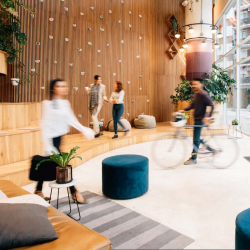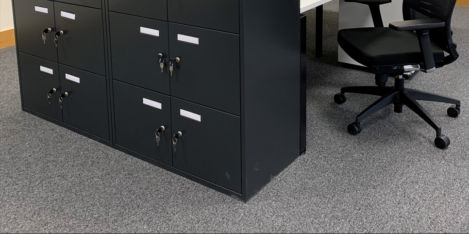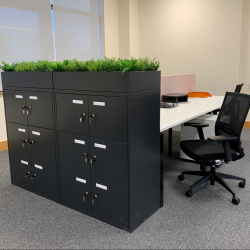September 23, 2022
What effect will the Employment Bill have on hybrid working?
 The long-awaited Employment Bill may be published later this year. The draft Bill, first introduced in the Queen’s speech in 2019, was put on hold and repeatedly delayed due to the impact of COVID-19. There is some confusion around what the change to flexible working will entail should the Employment Bill come into force. In the Queen’s speech, as set out in the Conservative’s manifesto earlier that year, it was announced that the proposal was to make flexible working the default position unless an employer had a ‘good reason’ not to allow it. This proposal would have been a radical change in favour of employees as flexible working would become an automatic right – thereby weakening an employer’s ability to push back on hybrid working requests. More →
The long-awaited Employment Bill may be published later this year. The draft Bill, first introduced in the Queen’s speech in 2019, was put on hold and repeatedly delayed due to the impact of COVID-19. There is some confusion around what the change to flexible working will entail should the Employment Bill come into force. In the Queen’s speech, as set out in the Conservative’s manifesto earlier that year, it was announced that the proposal was to make flexible working the default position unless an employer had a ‘good reason’ not to allow it. This proposal would have been a radical change in favour of employees as flexible working would become an automatic right – thereby weakening an employer’s ability to push back on hybrid working requests. More →

































October 13, 2022
The success of hybrid working hinges on creating a great workplace experience
by Lee Rubin • Comment, Flexible working, Wellbeing, Workplace